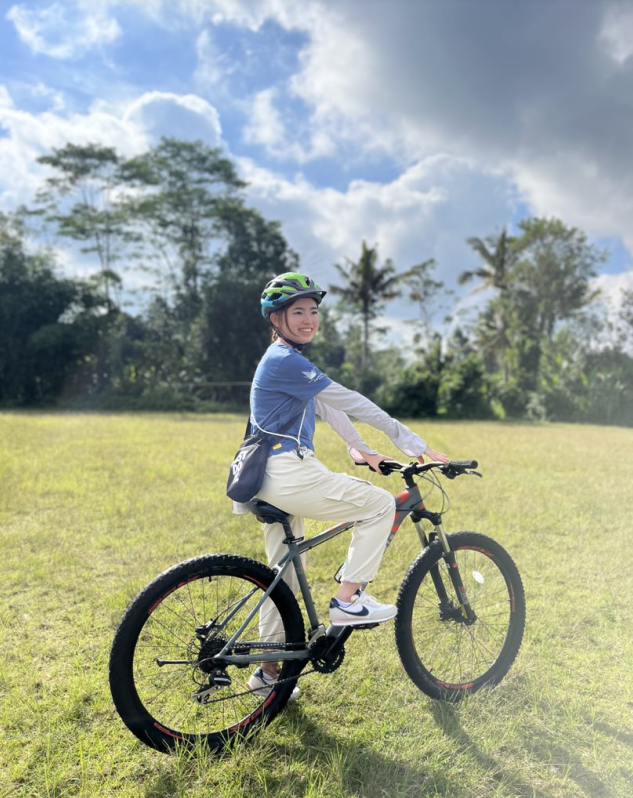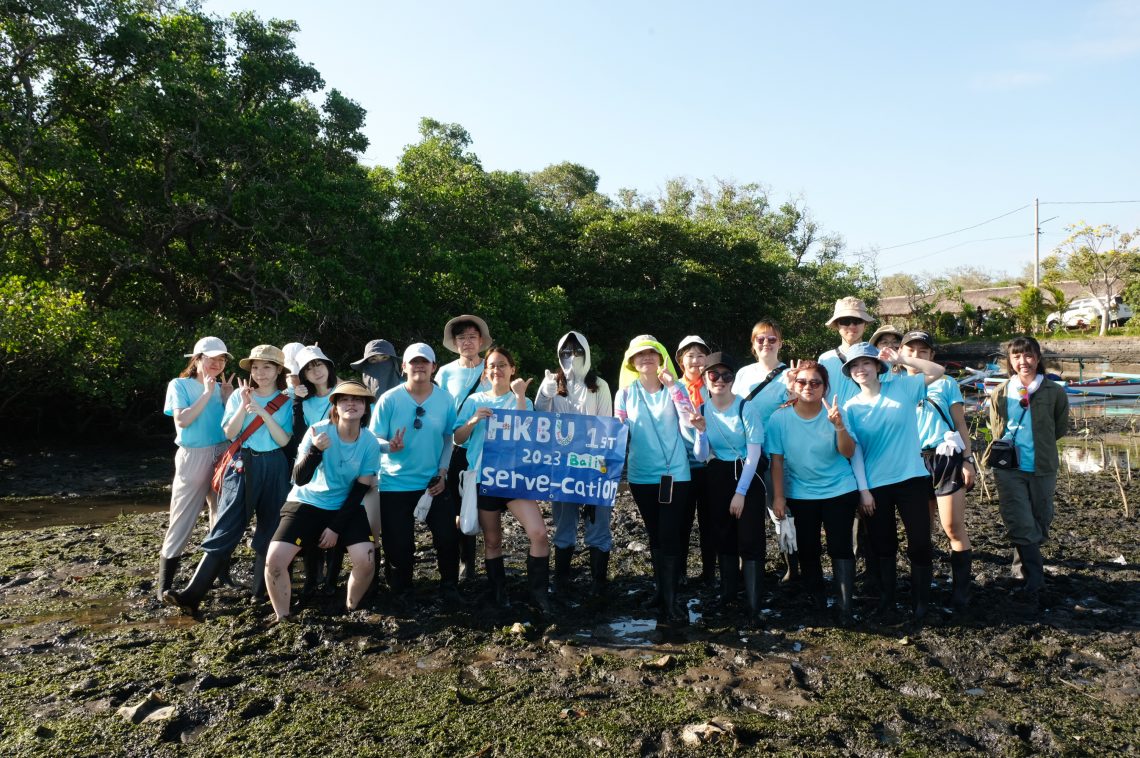Written by GRMG Year 2 student, Ms. Hui Ying Ying (許瀅瀅)
I am delighted to have taken part in this service-learning trip to Bali. It has been a valuable experience, allowing me to learn and grow in various ways. Throughout the trip, I had the privilege of engaging in numerous activities focused on environmental protection, ecology, and culture. I participated in various service and experiential activities, such as cleaning the beach, planting mangroves, visiting a biodiesel production factory, learning the local craft of Batik, and exploring the local instrument Gamelan. Out of all these experiences, beach cleaning and visiting the biodiesel factory were the most meaningful to me.
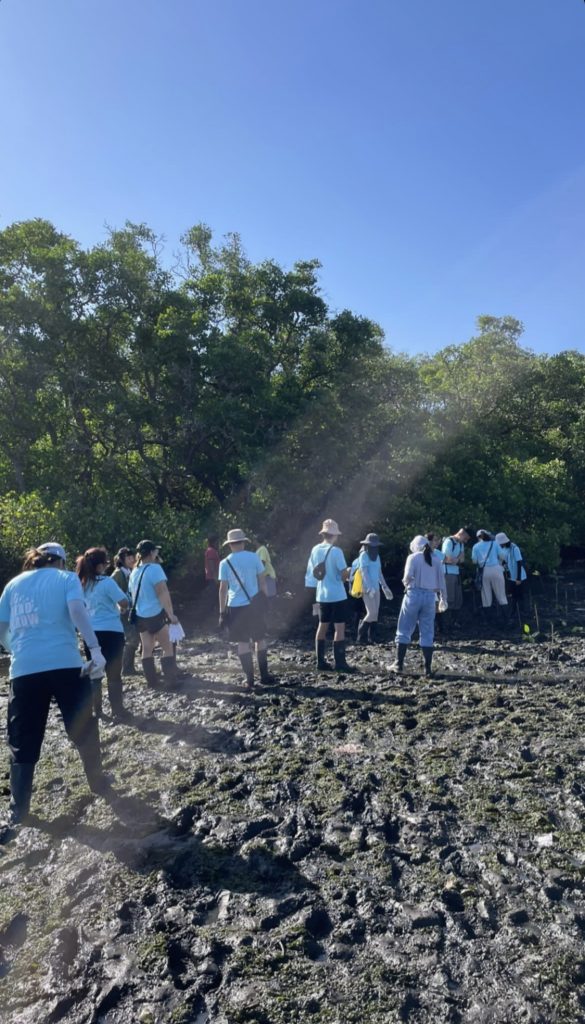
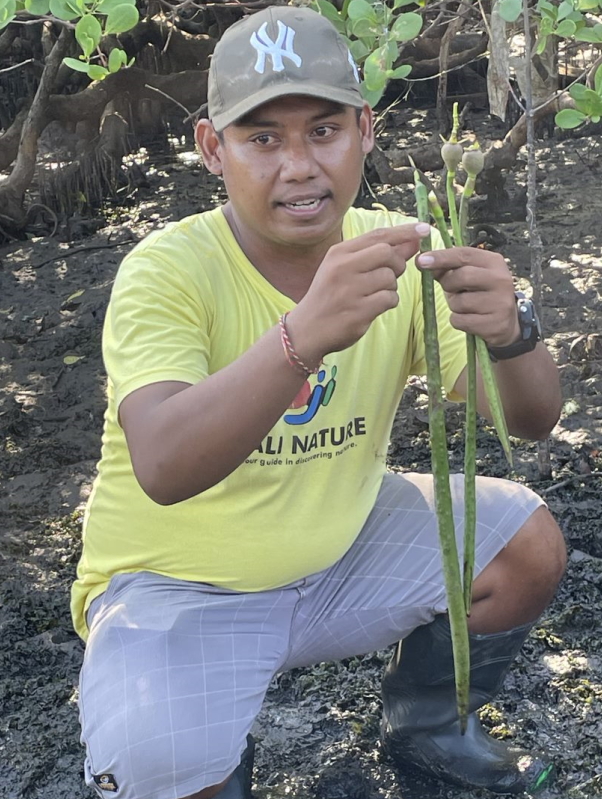
Participating in the beach cleaning activity has heightened my awareness of environmental issues and the far-reaching consequences of pollution on the global ecosystem. Through this activity, I gained a firsthand understanding of how pollution impacts coastal ecosystems. It was disheartening to witness the substantial amount of waste, particularly plastic, that had accumulated on the beaches. I was appalled to see plastic bags entangled with seaweed, as marine animals should not have to make their homes amidst such pollution. This experience prompted deep reflection on the harmful consequences of human-generated waste on the ocean and its inhabitants. It was a profoundly impactful moment for me, further strengthening my commitment to environmental protection and the pursuit of sustainable development.
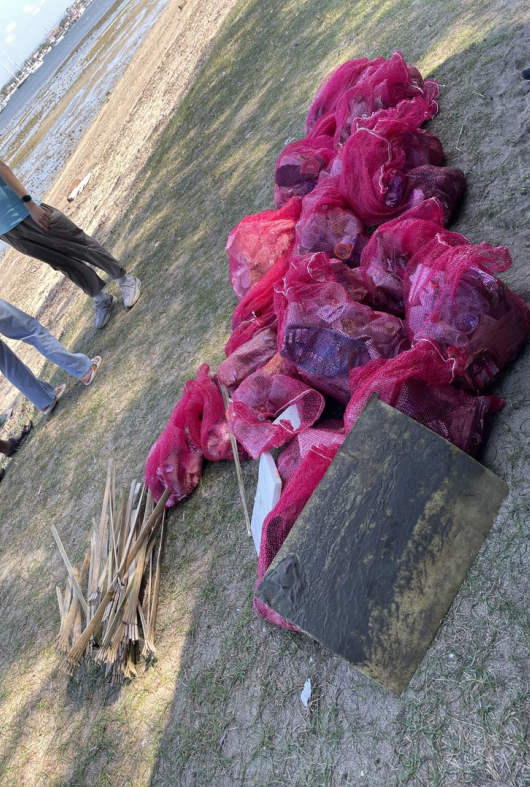
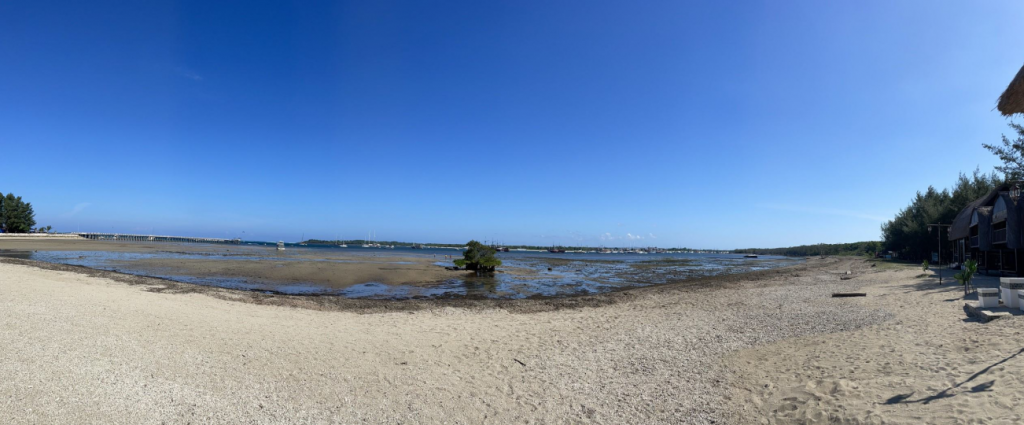
I also had the opportunity to visit biodiesel factory to learn about biodiesel production processes. It was fascinating to see how waste cooking oil could be transformed into a renewable energy source. Biodiesel can be used as renewable energy and even made into products like candles. Moreover, Indonesia has an impressive biodiesel usage rate of nearly 40%. People believe that renewable energy can help solve the problem of limited non-renewable energy sources and address climate challenges. If Hong Kong could widely adopt biodiesel, it could reduce our reliance on traditional fuel sources and reducing the threat of air pollution and climate change.
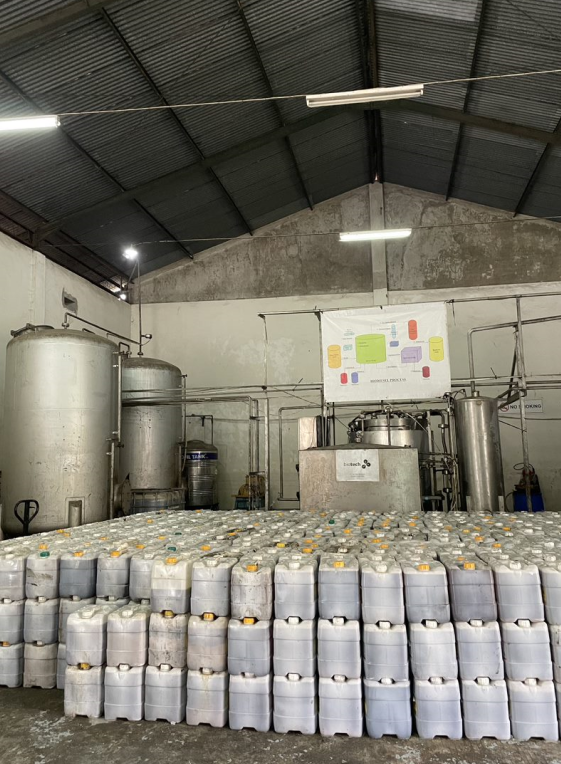
Moreover, I deeply admire the local people of Bali for their concept of “taking from nature and giving back to nature”. For instance, they utilize bamboo leaves as bowls and plates for meals, as well as create various products like hats and bags from bamboo leaves. Learning about these practices has filled me with joy, as I discovered the potential of bamboo to produce both beautiful and sustainable items. These experiences have instilled in me a heightened appreciation for the significance of sustainable practices. If Hong Kong could adopt similar approaches, we could significantly reduce the use of plastic in takeaway food packaging.
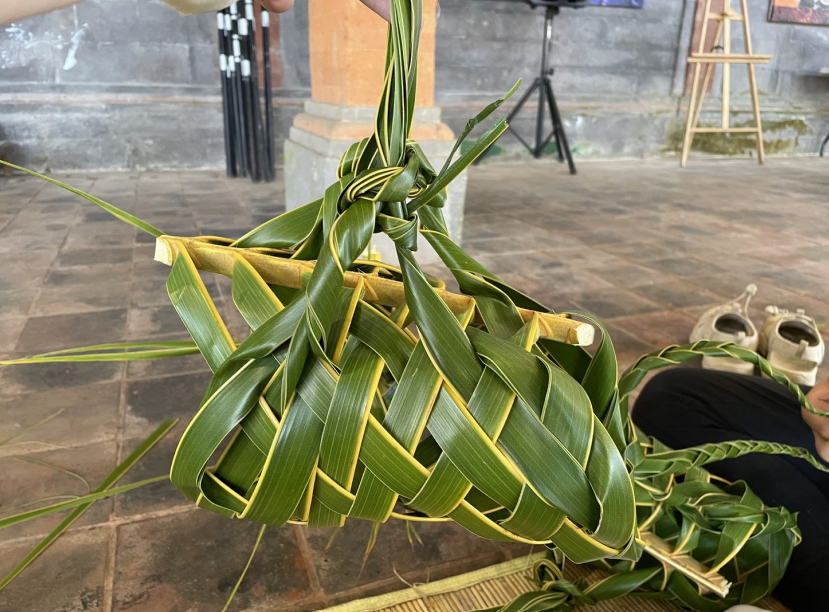
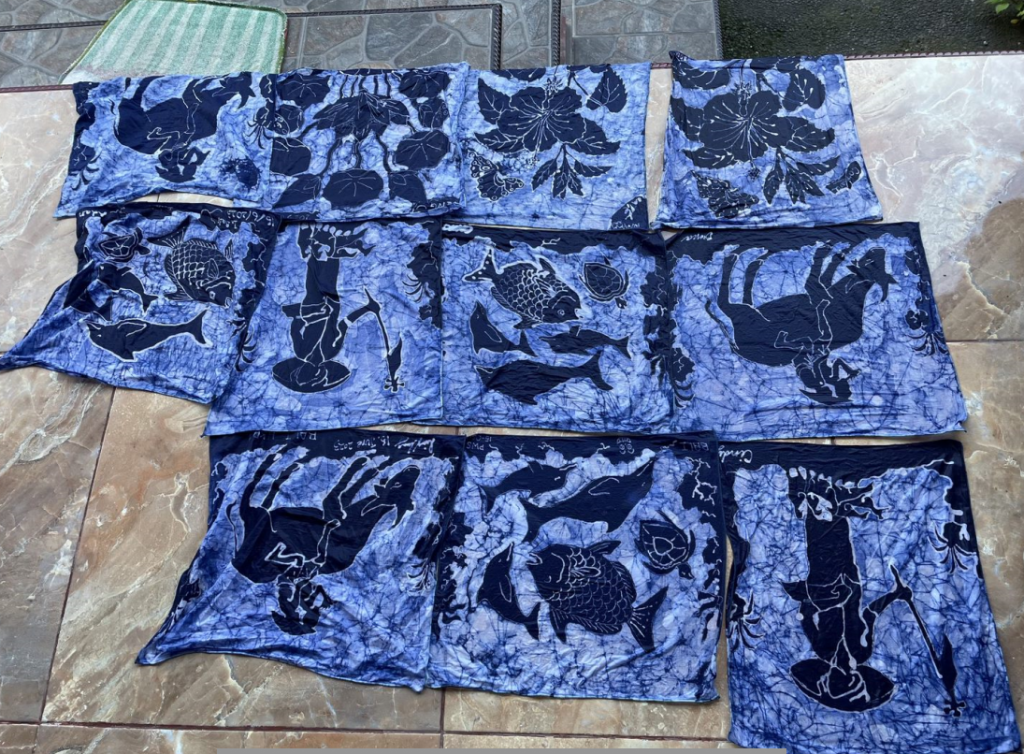
Overall, this service-learning trip has been an incredibly valuable experience for me. It has broadened my perspective on global issues, deepened my understanding of the importance of environmental conservation and sustainable practices, and helped me develop important communication skills and relationships with others. I am grateful for the opportunity to have participated in this trip and look forward to continuing to contribute to environmental conservation and sustainable development efforts in the future.
